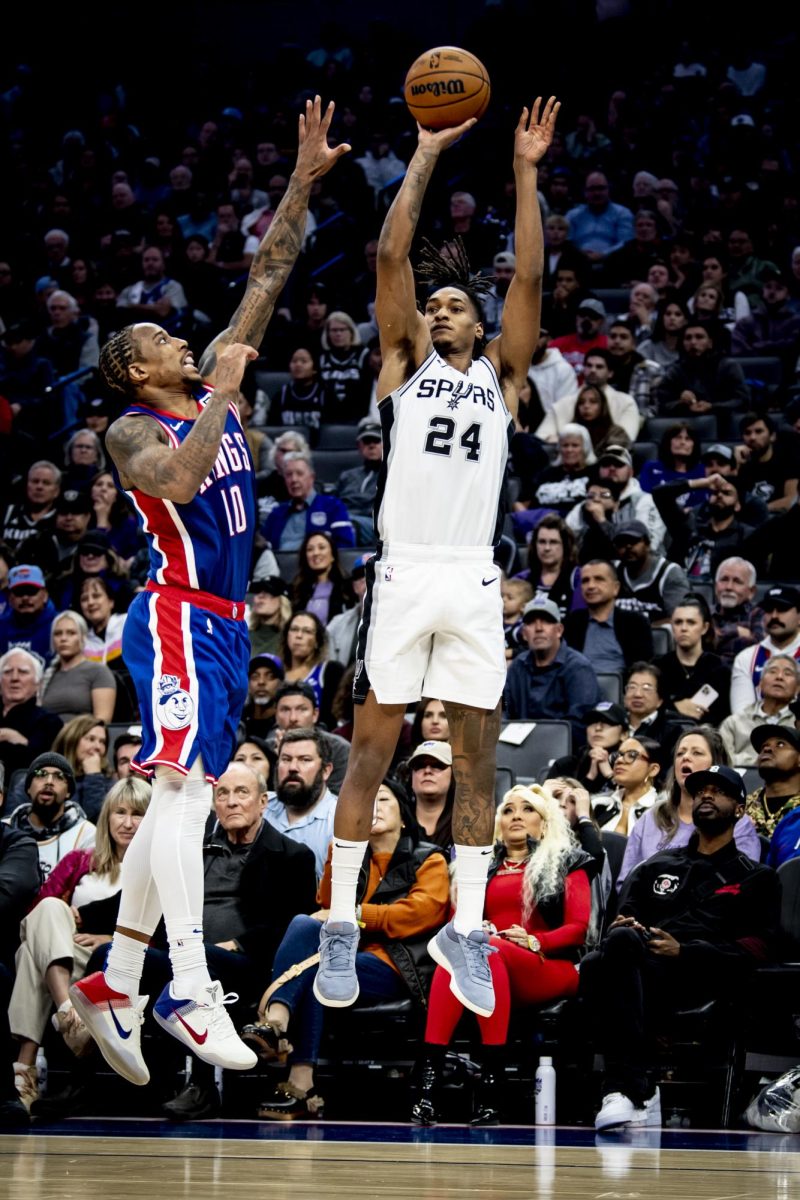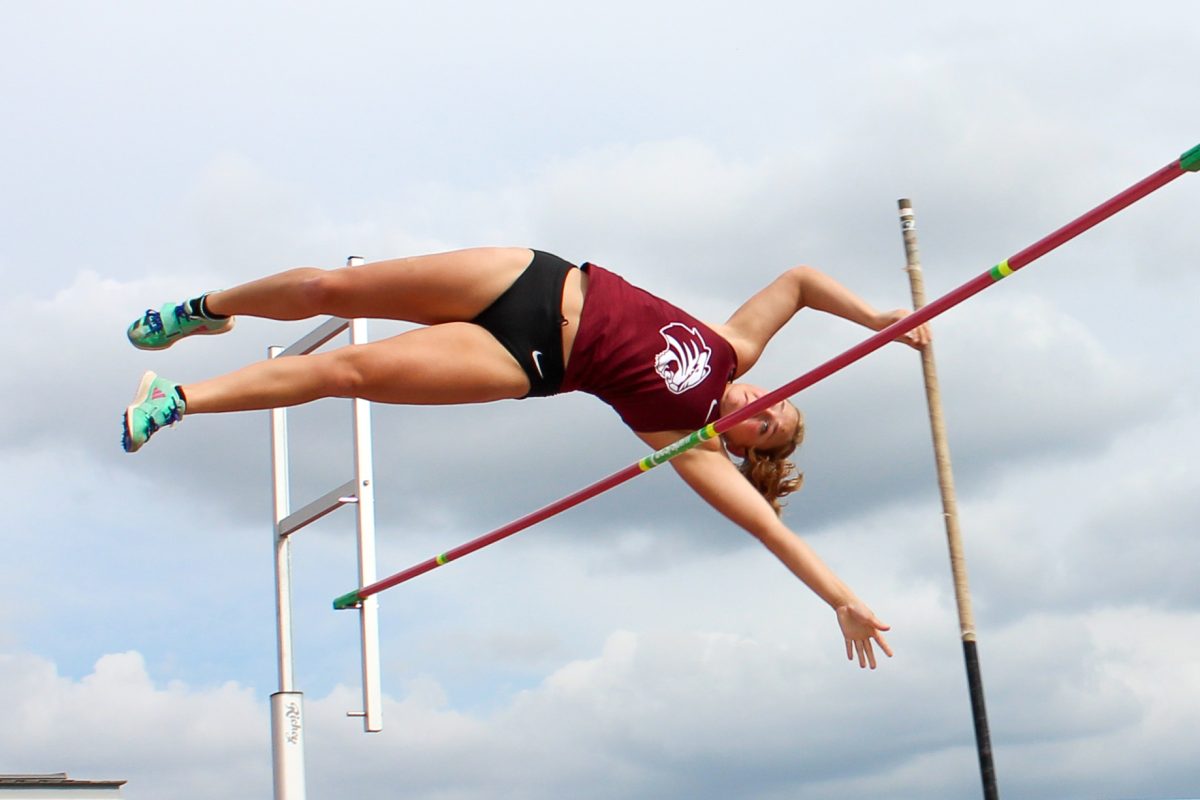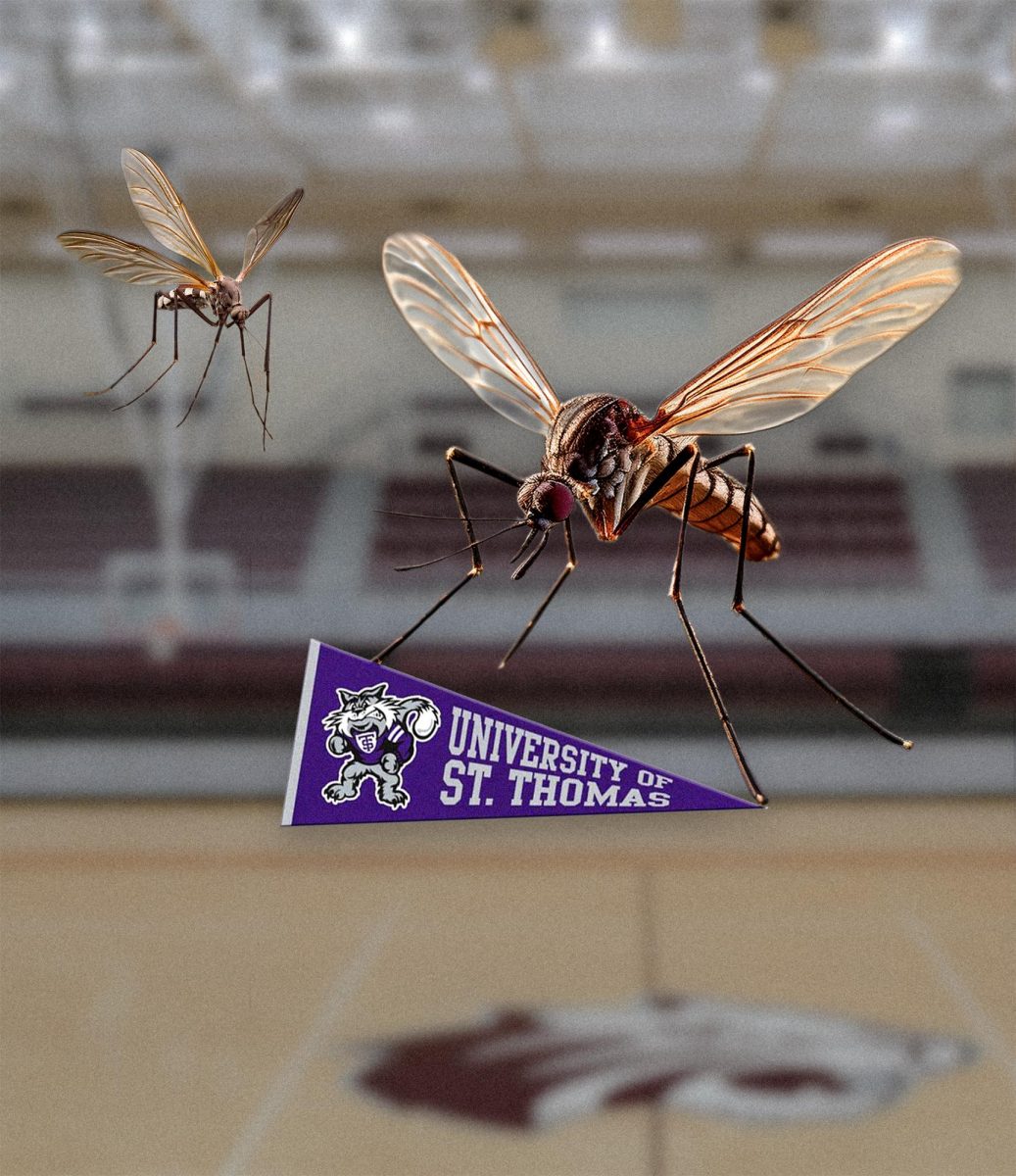The intense amount of money made off college sports annually has led some people to question whether student-athletes should be considered amateurs any longer, and whether they should, instead, receive compensation for their efforts.
College athletics are just as big a business as professional sports””it’s simply that the money lines the pockets of coaches, athletic directors, conference commissioners and sports media executives instead of the athletes.
Without athletes on the field or on the court, performing and entertaining millions of college sports fans, the billions of dollars that collegiate athletics generate would not exist. Without them, there would not be millions of fans buying tickets for games and subscribing to expensive cable and satellite sports television packages, corporate sponsors purchasing luxury suites and boxes in college arenas and stadiums or consumers paying top dollar for sports paraphernalia, specifically jerseys and video games bearing the likenesses and autographs of their favorite college players.
“Players should be able to profit from selling their own memorabilia, but they should be paid in an allowance type system where the amount does not change because of who they are,” said sophomore Jean-Pierre Sanchez, a football player at Trinity University.
On the flip side, the argument can be made that the opportunity to both receive an education and get the exposure to win a major professional contract more than compensates NCAA athletes for their efforts. Even after removing this educational asset from the equation, NCAA Division I athletes still receive expert coaching (that could lead to a professional career as an athlete or coach), on-campus housing, frequent meals, non-uniform clothing, free medical consultation and free access to state-of-the-art training facilities.
Much of the debate also stems from a hierarchy that would possibly arise as a result of compensating college athletes. Who or what entity would get to decide which athletes would receive the most money? The politics surrounding this side of the argument would cause countless issues, especially in regards to gender matters.
Gender is a source of tension even in the world of professional athletics. For example, the average salary for an NBA player is about $5 million and the average salary for a WNBA player is about $72,000. The NBA’s minimum salary for a rookie is about $470,000 and for a WNBA newcomer is about $35,000″”about as much as a teacher makes. With this disparity existing in professional ball, if collegiate athletes were to be paid, would it be a violation of Title IX if female athletes were paid not just less, but significantly less than male athletes?
Trinity University participates in NCAA Division III athletics, which consists of colleges and universities that choose not to offer athletically related financial aid or athletic scholarships to their student-athletes. D-III schools also range in size from fewer than 500 to over 20,000 students and do not generate revenue from their athletic programs.
“This would cause issues with recruitment. In a way, schools would be able to lure with the option of money. This would blur the lines between professional and amateur,” said sport management professor Andrea Duke.
Paying student-athletes would completely alter college athletic programs, as it would be necessary to revoke their amateur title and it would make it appear as though colleges are only breeding professional athletes.
“One of the reasons I like to watch college football rather than professional is because I feel like the college athletes have more to play for, like school pride. Professional athletes get paid whether they win or lose. If athletes start to get paid before they become professionals, I think it would lose that aspect of the game,” said junior Taylor Gloor, who pole-vaults for Trinity.
Someday, in the not too distant future, college athletes will learn they are leaving money on the training table and they will grasp that the multi-billion dollar NCAA pyramid crumbles unless they perform. When that day arrives, collegiate athletes will start getting paid in cash rather than psychology classes, tracksuits, knee braces and ice baths.





